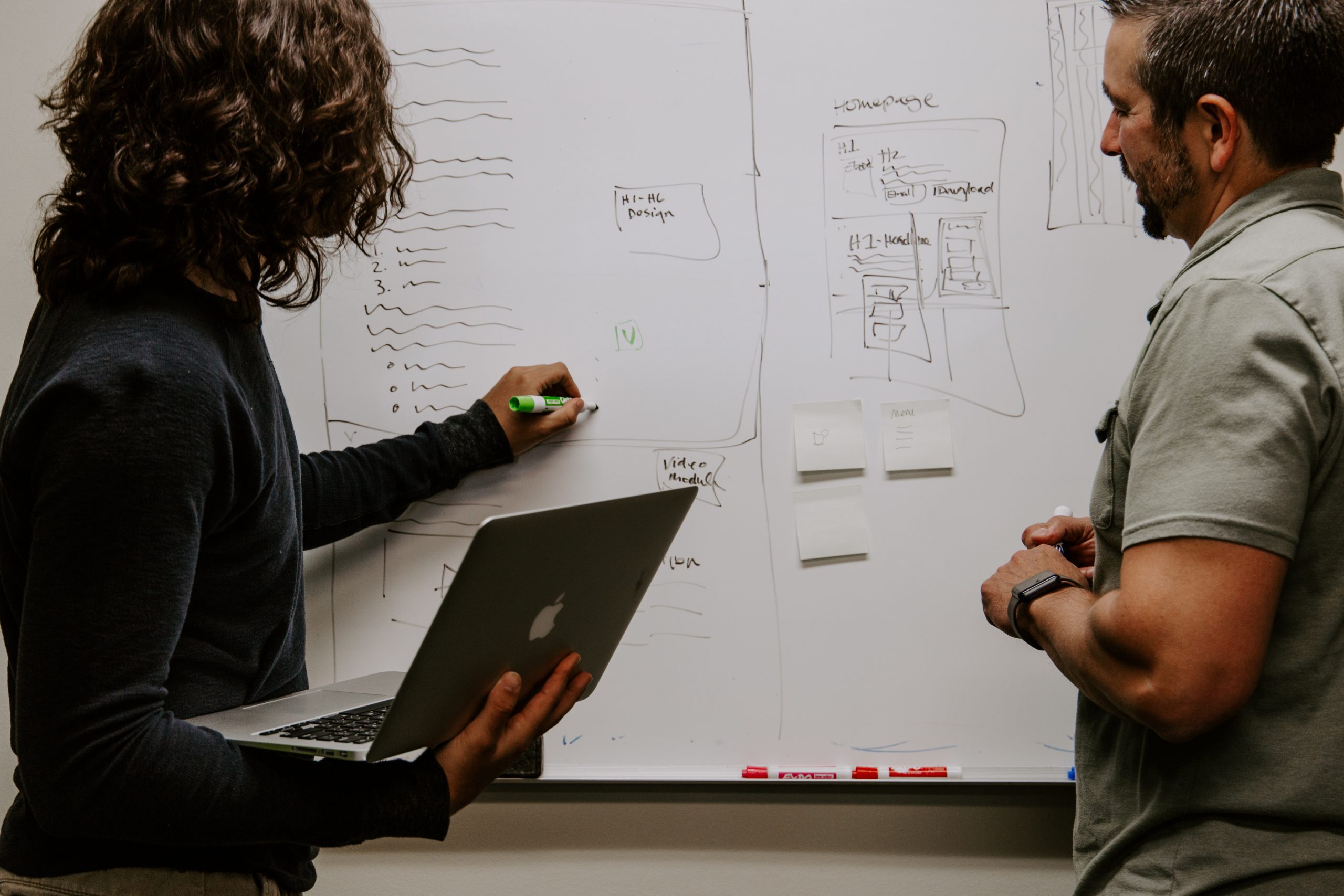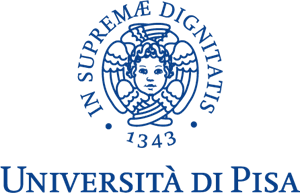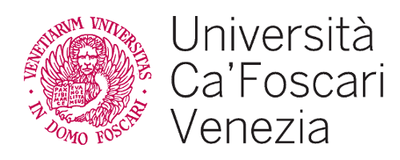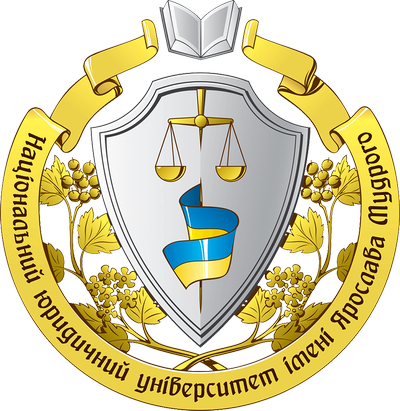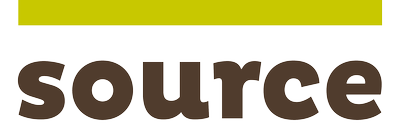Research on how to rebalance democracy and capitalism is much needed but a lack of collaboration among researchers is jeopardizing progress. That looks to be changing.
Collaborative research endeavors often lead to significant publications with a profound impact. When scholars join forces, combining their strengths, expertise, and perspectives, the outcome is often groundbreaking. However, despite the potential benefits, the scientific community focused on researching democracy and capitalism is much less collaborative than it should be. Fortunately, the latest research from the Rebalance project sheds light on this issue and takes a step towards rectifying it.
In certain fields like social sciences, scholars frequently come together due to overlapping topics. Disciplines such as political science, economics, and management often grapple with complex issues that necessitate input from scholars representing diverse fields of study. The study of democracy and capitalism – and particularly the role played by capitalism in both undermining capitalism but also potentially re-invigorating it – is one such complex issue that demands collaboration across disciplines.
When our group of interdisciplinary researchers in the Rebalance project came together to conduct research on democracy and capitalism, one of our first goals was to investigate the existing body of research on the relationship between democracy and capitalism. In scholarly terms, this step is known as a literature review, wherein experts examine the current state of knowledge in a particular field. Conducting a literature review involved a process of collecting, organizing, and thoroughly analyzing numerous scientific publications, through which, we not only obtained a substantial amount of material to describe what we already know about democracy and capitalism, but it also provided us with fresh insights and perspectives.
Bibliometric analysis can reveal connections in the existing literature
In what follows we present the result of a “bibliometric analysis”, a computer-assisted statistical analysis of books, articles and other publications, used to track authors` or researchers` output and impact in terms of how much they publish, and how often their work was used in the scientific community; it is also used to visualize and understand relationships between different publications.
We asked the scholars involved in the Rebalance project to identify the primary references they considered crucial for their research inquiries. We gathered a total of 384 publications and conducted a bibliometric analysis to explore the following questions: What are the common topics they cover? What are the most frequently researched keywords? And, importantly, do the authors collaborate with each other? Using specialized software, we were able to address these questions effectively and show visually some of our findings.
We started our analysis by looking into the most commonly used keywords. When two keywords appear in the same article, they are considered interconnected. In the network diagram generated by the program frequently occurring keywords are linked based on their co-occurrence in the articles. Larger font sizes represent more frequently used keywords, and thicker lines represent keywords that frequently appear together in multiple articles. The figure below presents the findings from this initial analysis.
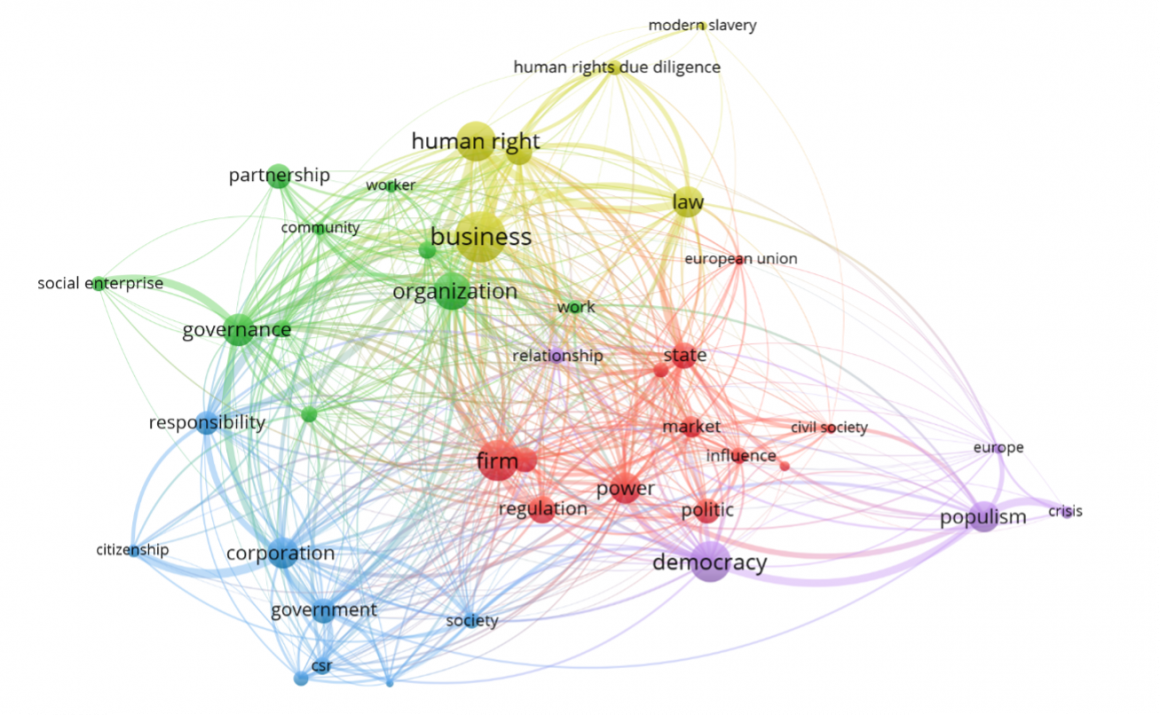
The colors in the figure represent the groups to which the program categorizes the keywords. Certain connections are quite clear, such as the relationship between populism and democracy, or governance and social enterprise. Despite the fact that these keywords may belong to different bodies of literature and the authors may come from diverse disciplines, they are interconnected. There are no distinct groups that remain isolated from the rest of the keywords. This means that the topics of research addressing the issue of democracy and capitalism, and the scholarly literatures associated with them, are firmly interlinked.
Delving deeper into the research on democracy and capitalism, we then examined the journals where the selected 384 academic articles were published. The figure below reveals the connections between these journals. Notably, highly specialized journals from different disciplines are referenced within the same articles. This indicates that the most influential research published on democracy and capitalism spans disciplinary boundaries. For instance, political science scholars interested in investigating the “Drivers of multinational companies’ human rights abuses” not only focus on journals dedicated to business ethics and human rights but also consider material from other areas such as management or international economics and business. This interdisciplinary approach broadens the scope of their research.
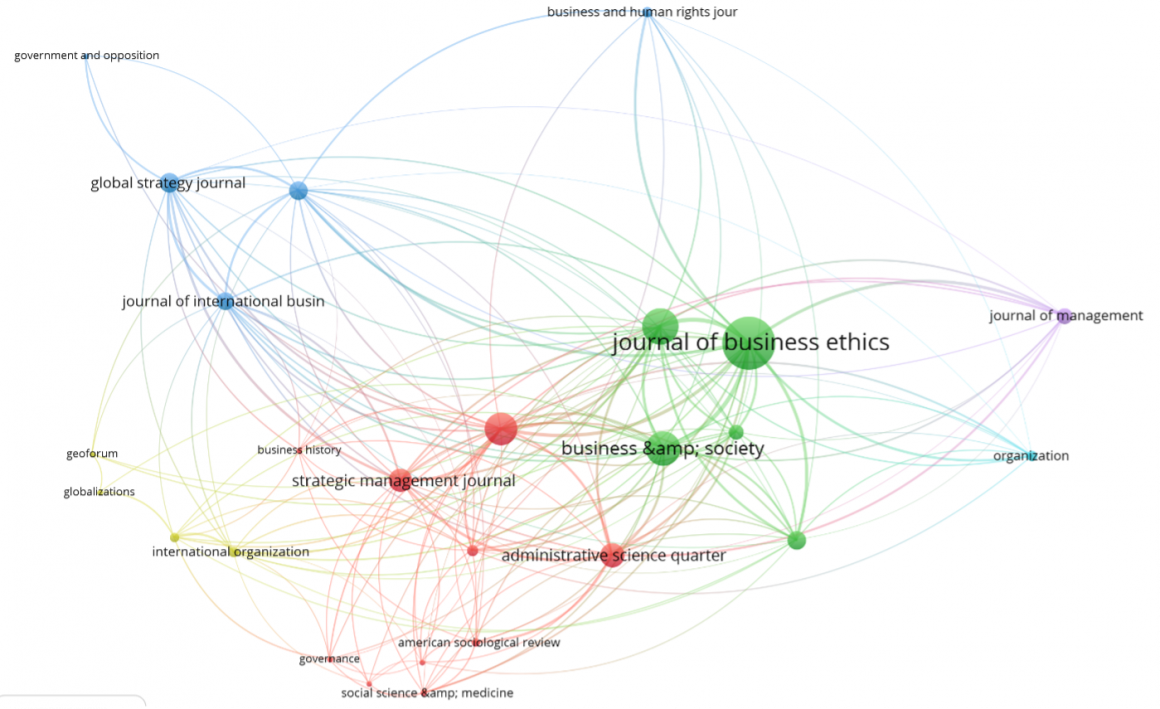
What bibliometric analysis teaches us about collaboration
From the previous analysis we have seen that the academics from different fields studying the many topics related to democracy and capitalism use a common set of terms, and tend to use an overlapping set of journals as reference. This suggests that the scholars with a similar interest will share a similar body of knowledge. These characteristics provide the perfect ground for collaboration. But despite this, collaboration does not seem to be much in evidence.
The software we used helped in identifying the various collaborations among authors within the articles we reviewed. By considering authors as nodes, it established connections between coauthors who worked together on the same publications.
As shown in the figure below, our research presented a surprising finding: there are no interconnected networks of scholars in the study of democracy and capitalism. While some small groups of collaborators exist, the majority of researchers primarily work with a single partner. This fragmented community of scientists explores similar topics, investigates closely related issues, and even draws from common sources. However, the barriers between scientific fields are higher than they ought to be, isolating researchers who could greatly enhance each other’s research based on their respective knowledge bases.
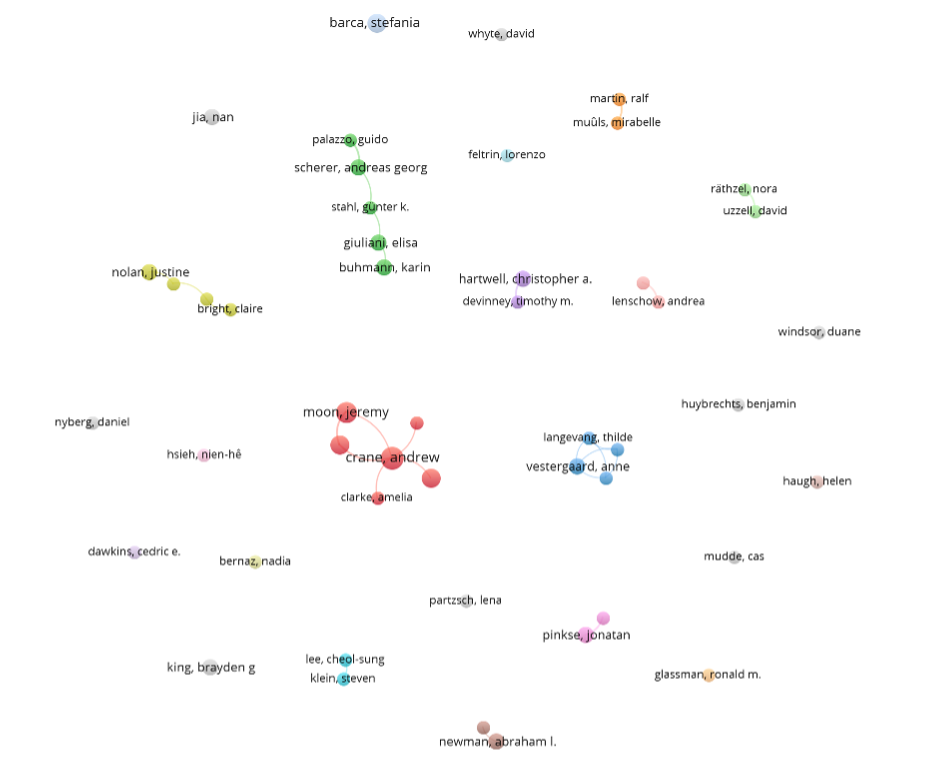
These results highlight the need for improvement. We should strive to create larger networks and foster projects that involve scholars from diverse geographical and scientific backgrounds. By doing so, the Rebalance project has the potential to unlock new opportunities for collaboration and knowledge exchange.
Promising collaborations on the Horizon
Our research revealed that the literature exploring the connections between democracy and capitalism, as well as the researchers involved in such research, come from diverse fields with different backgrounds, experiences, and affiliations. Despite their similarities in interests and shared references, only a limited number of them have collaborated on joint projects thus far. The Rebalance project was conceived to help tackle this problem by uniting this community, and enabling it to collectively leverage the knowledge, resources, and perspectives of its diverse members and hopefully create something truly remarkable and groundbreaking. We will be sharing some of the insights we glean along the way on this website – so stay tuned!

